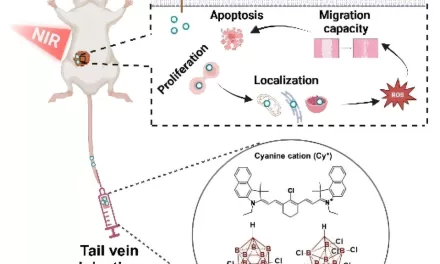A recent study conducted in Belagavi and other sites across South Asia has revealed alarming connections between climate change-induced rising temperatures and adverse pregnancy outcomes, including preterm birth, low birth weight, and complications like pre-eclampsia.
The six-year study, spanning from 2014 to 2020, analyzed data from 1.26 lakh women across three sites: Belagavi in India, Nagpur in India, and Thatta in Pakistan. Led by researchers from the US, India, and Pakistan, including experts from J N Medical College in Belagavi, the study aimed to assess the impact of heat exposure on pregnancy outcomes.
Using temperature data from the study sites, researchers correlated women’s heat exposure with their pregnancy outcomes. The findings revealed a significant association between high temperature exposure during the second trimester of pregnancy and an increased risk of preterm birth and low birth weight. Furthermore, heat exposure during the third trimester was linked to an elevated risk of hypertension/pre-eclampsia among pregnant women.
Dr. Manjunath S. Somannavar, a professor at J N Medical College and co-author of the study, emphasized that regions experiencing extreme temperatures, such as Thatta in Pakistan, are particularly vulnerable to adverse pregnancy outcomes. In India, areas like Raichur and parts of North India also face similar challenges due to soaring temperatures.
The study highlighted the detrimental effects of heat stress on pregnant women, including dehydration, hormonal changes, and reduced blood supply to the fetus, leading to altered fetal metabolism and hypertension. Dr. Somannavar noted that the study participants, predominantly rural populations, lacked access to facilities like air conditioning and exhibited high rates of low hemoglobin levels and underweight status.
Given the findings, Dr. Somannavar emphasized the urgent need for interventions to mitigate the risks posed by rising temperatures on maternal and fetal health. Solutions such as cooling materials and nutritional supplements tailored for pregnant women in regions with high temperatures are essential to safeguard maternal and fetal well-being.
The study’s revelations underscore the critical importance of addressing climate change and implementing targeted interventions to protect vulnerable populations, particularly pregnant women, from the adverse health impacts of rising temperatures. Efforts to combat climate change and promote maternal health are imperative to ensure healthier outcomes for both current and future generations.












